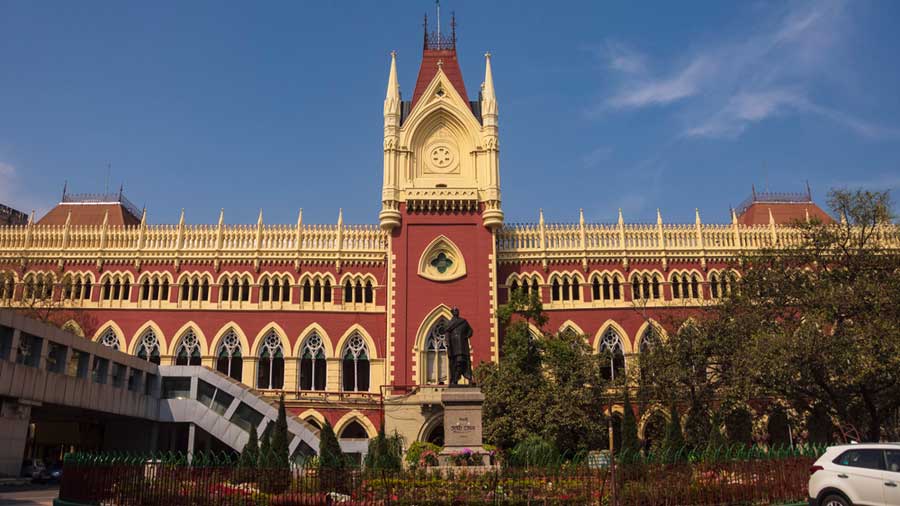
Supreme Court Upholds Conviction in Brutal Crime of Spousal Immolation
Last Updated on January 15, 2024 by News Desk
Introduction:
In a recent Supreme Court case, a man’s appeal challenging his life imprisonment for the murder of his wife was dismissed. The court observed that setting a person on fire constitutes ‘extreme cruelty’ falling under Section 302 of the Indian Penal Code (IPC), which pertains to punishment for murder. The appellant’s initial charge under Section 307 IPC was upgraded to Section 302 IPC after his wife succumbed to burn injuries. The court emphasized the severity of the act and ordered the appellant, whose sentence had been previously suspended in 2012, to surrender within four weeks. Failure to comply would result in the issuance of non-bailable warrants.
Issues:
The appellant, in his defense, argued that he did not have the intention to kill his wife. Citing the dying declaration of the deceased, his counsel contended that the act fell under Part 1 of Section 304 IPC rather than Section 302. The dying declaration revealed a history of alcohol-induced domestic violence, alleging that the appellant would beat his wife when denied money for liquor. On the day of the incident, he allegedly set her on fire after a drunken demand for money, attempting to extinguish the flames afterward.
Reasoning:
The court, having appointed Amicus Curiae Aditya Singh due to the absence of state counsel, scrutinized the evidence. Singh asserted that the appellant’s guilt had been conclusively proven, with consistent findings by both the Trial Court and the High Court. The court noted that the appellant’s defense, arguing for a lesser charge, was not presented during the trial or when recording his statement under Section 313 of the Code of Criminal Procedure (CrPC). Finding no infirmity in the judgments of the lower courts, the Supreme Court dismissed the appeal. The bench highlighted that the plea raised on behalf of the appellant had not been raised as a defense during the trial or in the statement under Section 313 CrPC.
Conclusion:
In conclusion, the Supreme Court upheld the conviction and life imprisonment of the appellant, emphasizing the severity of setting a person on fire as an act of ‘extreme cruelty’ under Section 302 IPC. The court underscored the importance of presenting defenses at the appropriate stages of legal proceedings and dismissed the appeal after finding no merit in the contentions raised by the appellant. The judgment reaffirms the gravity with which the legal system views such heinous acts, ensuring justice in cases of extreme violence.
Written by — Athi Venkatesh




